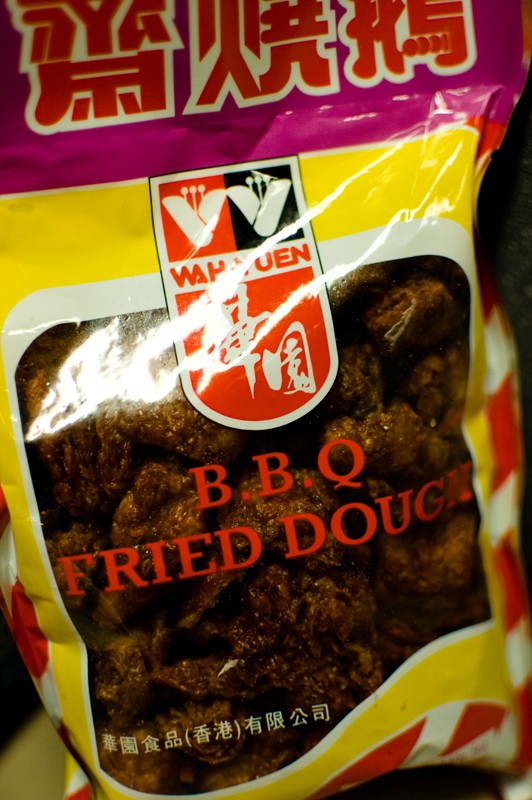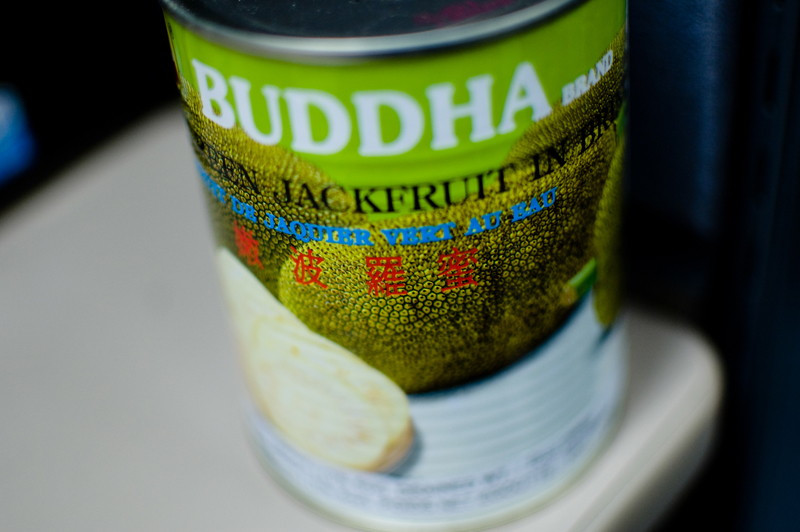Exploring different eating habits
What’s unappetizing to some is a delicacy to others
Before the sushi craze hit Winnipeg, eating raw fish would have been considered strange, even though it is common in Japan.
And you still won’t see many Canadians leaping at the chance to try sea slugs, a Korean delicacy.
The foods other cultures eat seem bizarre to Winnipeggers, but we often forget to look at things from a foreign perspective.
“We eat different things than most Canadians, ... we eat the food that we grow up on and it might be gross to people who aren’t exposed to it,” said Mohammed Ahmed Aldawalibi, an international student from Saudi Arabia studying English at the University of Winnipeg.
This lack of exposure is what Aldawalibi thinks leads to stigmas of foreign foods in North America.
In China, for example, dried and shrunken fallopian tubes from frogs are re-hydrated and eaten as dessert. Pigeons are also eaten, which may not be attractive to the average North American who is used to shooing them away.
Lee Chien-Fua doesn’t see much of a demand for Asian delicacies from Canadians at the Yuda Market on Pembina Highway, where he works.
“Only the Chinese (customers) purchase Chinese specialties,” said Chien-Fua. “Most people only buy things if they’re needed for a specific recipe.”
In contrast, Chien-Fua is disgusted by the idea of cheese, which is a Canadian food staple.
“We don’t have (cheese) the same in China, it reminds us of rotten milk and we don’t understand why people would want to eat it,” he said.
Many factors often contribute to cultural diets, including religion.
“In India, a lot of people are vegetarians, ... cows are sacred and are not eaten at all,” said Akaash Thakur, a Hindu man who moved to Winnipeg 20 years ago.
To him, the idea of eating a cheeseburger would be sacrilegious.
Why cultures eat certain dishes depends on their environment. Many countries that don’t produce an abundance of livestock eat insects as a source of protein. For example, in Thailand, deep-fried tarantulas and water bugs are popular, according to Weird-Food.com.
In Winnipeg, obscure foods may be a hard sell in restaurants, but this doesn’t discourage establishments such as Café Dario from serving foreign delicacies.
“We have served frogs’ legs in the past as well as alligator and various game meats,” said chef Matthew Yuen of the Erin Street eatery known for its blended menu of North American and Latin cuisines.
Yuen believes that adventurous people and those who have been raised with the foods will order them at his restaurant.
And remember, next time you cringe at an international delicacy, recall that people in Alberta call bull testicles “prairie oysters” and eat them deep-fried whole, cut into slices or marinated.
Published in Volume 65, Number 20 of The Uniter (February 24, 2011)








